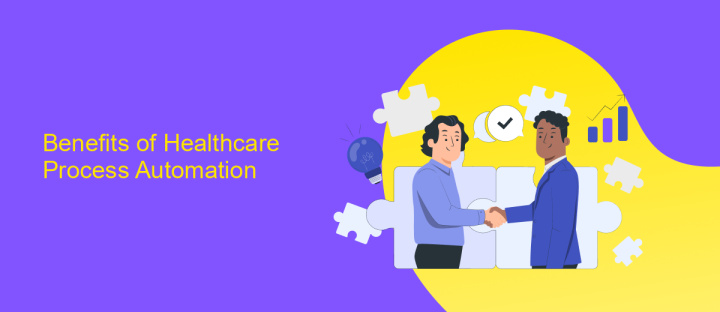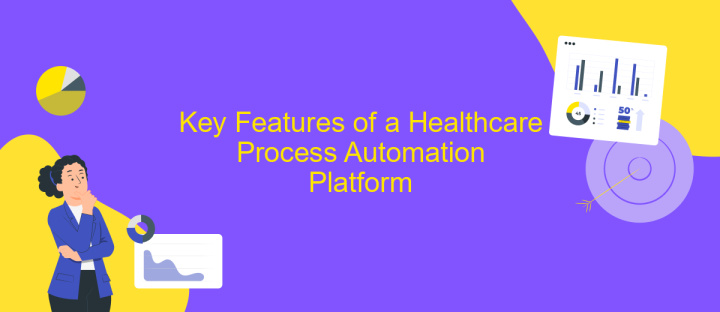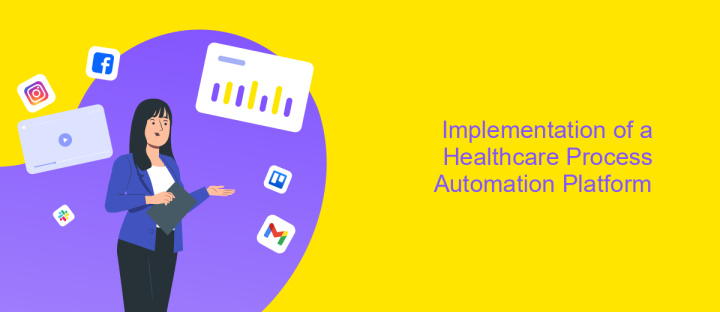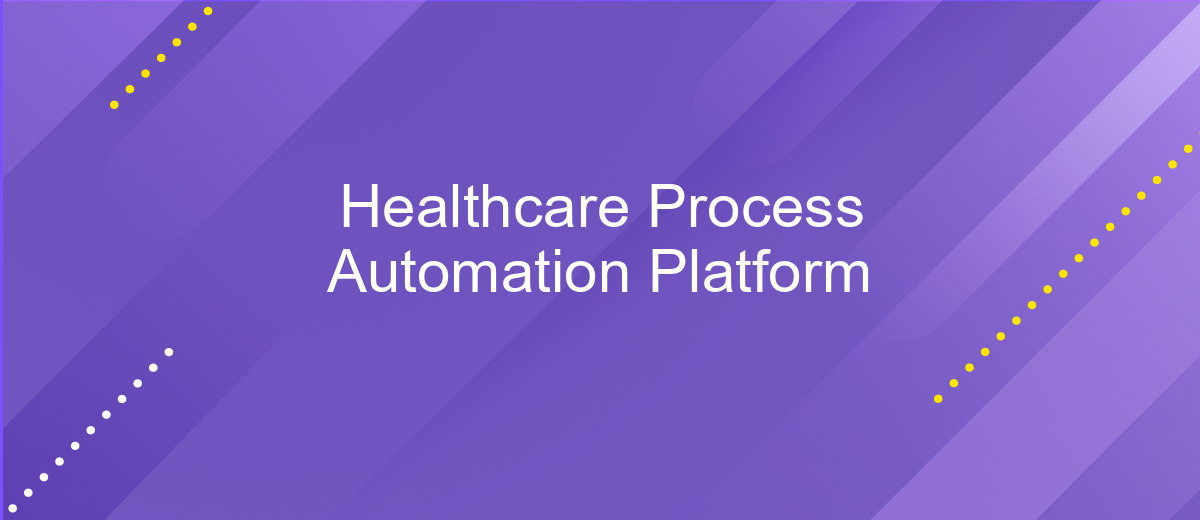Healthcare Process Automation Platform
In the rapidly evolving landscape of healthcare, efficiency and accuracy are paramount. The Healthcare Process Automation Platform emerges as a transformative solution, streamlining administrative tasks and enhancing patient care. By automating routine processes, this platform not only reduces operational costs but also minimizes human error, allowing healthcare professionals to focus more on delivering quality patient outcomes.
Introduction
The rapid advancement of technology has significantly impacted various sectors, including healthcare. One of the most transformative innovations is the Healthcare Process Automation Platform (HPAP). This platform leverages cutting-edge technologies to streamline and optimize healthcare processes, enhancing efficiency, accuracy, and patient outcomes. By automating repetitive and time-consuming tasks, healthcare professionals can focus more on patient care and less on administrative burdens.
- Reduces human error and increases accuracy in medical records
- Enhances patient engagement through automated reminders and follow-ups
- Improves workflow efficiency by automating routine tasks
- Facilitates better data management and analytics for informed decision-making
- Ensures compliance with healthcare regulations and standards
Implementing an HPAP not only transforms the operational aspects of healthcare facilities but also significantly improves the overall patient experience. As the healthcare industry continues to evolve, the adoption of automation platforms will be crucial in meeting the increasing demands for high-quality, efficient, and patient-centric care.
Benefits of Healthcare Process Automation

Healthcare process automation offers numerous benefits, significantly enhancing operational efficiency and patient care. By automating routine tasks such as appointment scheduling, billing, and patient record management, healthcare providers can reduce administrative burdens and minimize human error. This leads to faster processing times, improved accuracy, and increased staff productivity, allowing healthcare professionals to focus more on patient care rather than paperwork.
Moreover, integrating automation platforms like ApiX-Drive can streamline data exchange between various healthcare systems, ensuring seamless communication and coordination. ApiX-Drive facilitates the integration of different software applications, enabling real-time data synchronization and reducing the need for manual data entry. This not only enhances data accuracy but also provides healthcare providers with comprehensive insights, aiding in better decision-making and improved patient outcomes. Overall, healthcare process automation fosters a more efficient, accurate, and patient-centric healthcare environment.
Key Features of a Healthcare Process Automation Platform

A Healthcare Process Automation Platform is designed to streamline and optimize various healthcare operations, ensuring efficiency and accuracy in patient care. This platform integrates multiple functionalities to reduce manual tasks, minimize errors, and enhance overall service delivery.
- Electronic Health Records (EHR) Integration: Seamlessly connects with existing EHR systems to provide real-time access to patient data.
- Automated Scheduling: Efficiently manages appointments, reducing no-shows and optimizing resource allocation.
- Billing and Claims Processing: Automates the billing cycle, ensuring timely and accurate claims submissions.
- Patient Communication: Facilitates automated reminders, follow-ups, and notifications to improve patient engagement.
- Data Analytics: Provides insights through data analysis, helping in decision-making and improving care quality.
- Compliance Management: Ensures adherence to healthcare regulations and standards, reducing the risk of non-compliance.
- Task Automation: Automates routine administrative tasks, allowing healthcare professionals to focus on patient care.
Implementing a Healthcare Process Automation Platform can significantly enhance the operational efficiency of healthcare organizations. By leveraging these key features, healthcare providers can deliver better patient outcomes while optimizing their internal processes.
Implementation of a Healthcare Process Automation Platform

Implementing a Healthcare Process Automation Platform involves several crucial steps to ensure seamless integration and optimal performance. The first step is to conduct a comprehensive assessment of existing workflows and identify areas that would benefit most from automation. This assessment helps in understanding the specific needs and challenges faced by the healthcare facility.
Next, it is essential to choose the right technology stack that aligns with the goals of the healthcare organization. This includes selecting software and hardware that are compatible with existing systems and can scale as the organization grows. Collaboration with IT specialists and healthcare professionals is vital during this phase to ensure that the chosen solutions meet both technical and clinical requirements.
- Conduct workflow assessment
- Select appropriate technology stack
- Collaborate with IT and healthcare professionals
- Implement and integrate the platform
- Conduct training and provide support
Once the platform is implemented, it is critical to provide thorough training for all users to ensure they can effectively utilize the new system. Ongoing support and periodic reviews are necessary to address any issues that arise and to continuously improve the platform, ensuring it meets the evolving needs of the healthcare facility.


Conclusion
The implementation of a Healthcare Process Automation Platform represents a significant advancement in streamlining medical workflows, improving patient care, and reducing operational costs. By leveraging automation, healthcare providers can minimize human error, enhance data accuracy, and ensure compliance with regulatory standards. The integration of such platforms fosters a more efficient and responsive healthcare environment, ultimately leading to better patient outcomes and higher satisfaction rates.
Moreover, utilizing services like ApiX-Drive for seamless integration of various healthcare systems further enhances the platform's capabilities. ApiX-Drive facilitates the connection between disparate systems, ensuring that data flows smoothly and processes are synchronized. This not only simplifies the setup but also ensures that the healthcare automation platform operates at its full potential. As the healthcare industry continues to evolve, embracing automation and robust integration services will be crucial in maintaining a competitive edge and delivering exceptional care.
FAQ
What is a Healthcare Process Automation Platform?
How can automation improve patient care?
What types of processes can be automated in healthcare?
How do I integrate automation tools with my existing healthcare systems?
Is patient data secure when using a Healthcare Process Automation Platform?
Time is the most valuable resource for business today. Almost half of it is wasted on routine tasks. Your employees are constantly forced to perform monotonous tasks that are difficult to classify as important and specialized. You can leave everything as it is by hiring additional employees, or you can automate most of the business processes using the ApiX-Drive online connector to get rid of unnecessary time and money expenses once and for all. The choice is yours!

